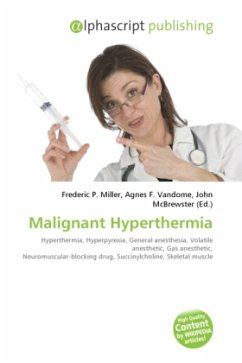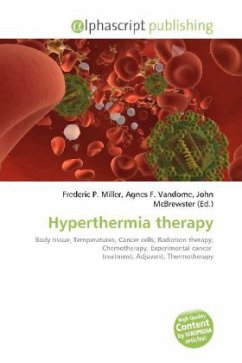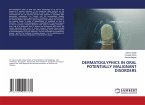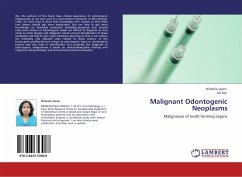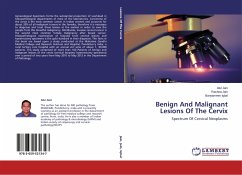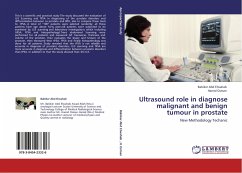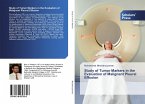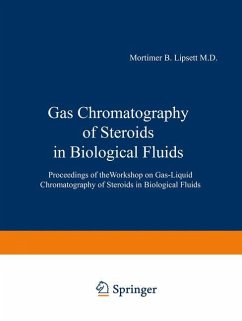High Quality Content by WIKIPEDIA articles! Malignant hyperthermia (MH or MHS for "malignant hyperthermia syndrome", or "malignant hyperpyrexia due to anaesthesia") is a rare life-threatening condition that is triggered by exposure to certain drugs used for general anesthesia (specifically all volatile anesthetics), nearly all gas anesthetics, and the neuromuscular blocking agent succinylcholine. In susceptible individuals, these drugs can induce a drastic and uncontrolled increase in skeletal muscle oxidative metabolism, which overwhelms the body's capacity to supply oxygen, remove carbon dioxide, and regulate body temperature, eventually leading to circulatory collapse and death if not treated quickly. Susceptibility to MH is often inherited as an autosomal dominant disorder, for which there are at least 6 genetic loci of interest, most prominently the ryanodine receptor gene (RYR1). MH susceptibility is phenotypically and genetically related to central core disease (CCD), an autosomal dominant disorder characterized both by MH symptoms and myopathy. MH is usually unmasked by anesthesia, or when a family member develops the symptoms.

